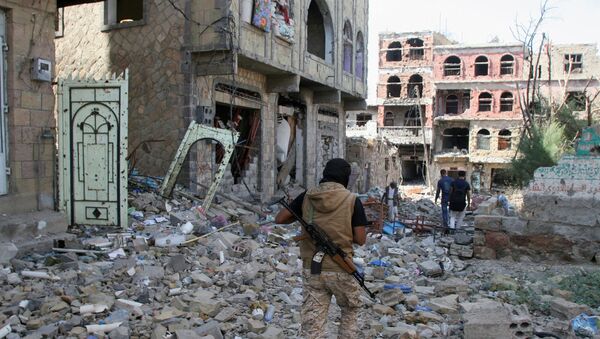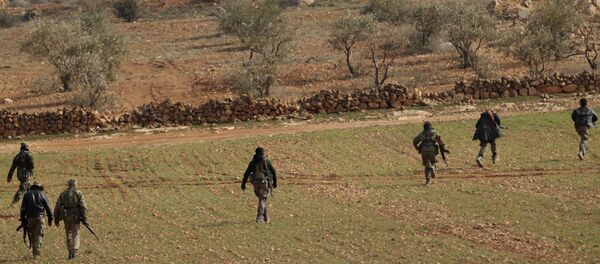Foreign ministry spokesman Bahram Qasemi told Tasnim news agency that the ceasefire would fall apart in short order unless it was expanded to the entire country.
"The agreement can be fruitful if it is expanded to all of Syria and includes all the area that we discussed in Astana talks for de-escalating the tension," Qasemi said, referring to the May peace talks at which Iran, Russia, and Turkey (but not the US) agreed on the creation of "de-escalation zones" where combat operations would be prohibited.
"Iran is seeking Syria's sovereignty and security, so a ceasefire cannot be limited to a certain location," Qasemi added. "No agreement would be successful without taking the realities on the ground into account."
According to Qasemi, Moscow fully briefed Iran on the details of the agreement, but Iran has seen "ambiguities in the deal mainly related to the American recent measures in Syria."
The fourth round of peace talks in Astana is slated to begin on Wednesday, and in preparation for that the Syrian military has halted combat operations in the south of the country. On Friday, Russian President Vladimir Putin and American President Donald Trump met during the G-20 summit in Germany and agreed that they would join the ceasefire.
While Russia and Iran back Syrian President Bashar al-Assad, the West has thrown its weight behind the Syrian Democratic Forces, a coalition of rebel groups whose stated goal is the creation of a secular and democratic Syria.
Many were skeptical of Trump and Putin when they announced the ceasefire, and rightly so. Since 2016, there have been no less than three similar agreements, including two between the United States and Russia. All of them unraveled in short order. The May agreement to create de-escalation zones has enjoyed limited success.
A major driver behind US participation in the new ceasefire was to benefit neighboring Israel and Jordan, allies that feel threatened by Iranian presence in Syria. The Israelis have vowed to stop Tehran from setting up a permanent presence in Syria, and have enforced that with air strikes against Iran-backed militant groups such as the Syrian branch of Hezbollah.
"Israel will welcome a genuine ceasefire in Syria but this ceasefire must not enable the establishment of a military presence by Iran and its proxies in Syria in general and in southern Syria in particular," said Israeli Prime Minister Benjamin Netanyahu during a cabinet meeting on Sunday.
The south of Syria is a key battleground in the war, with different parts of it controlled by either the Syrian government or the Syrian opposition (anti-government Islamist groups supported by Turkey but not the US.)
The same day that his president agreed to a ceasefire, US Secretary of State Rex Tillerson declared to reporters that the Americans "see no long-term role for the Assad family or the Assad regime."





